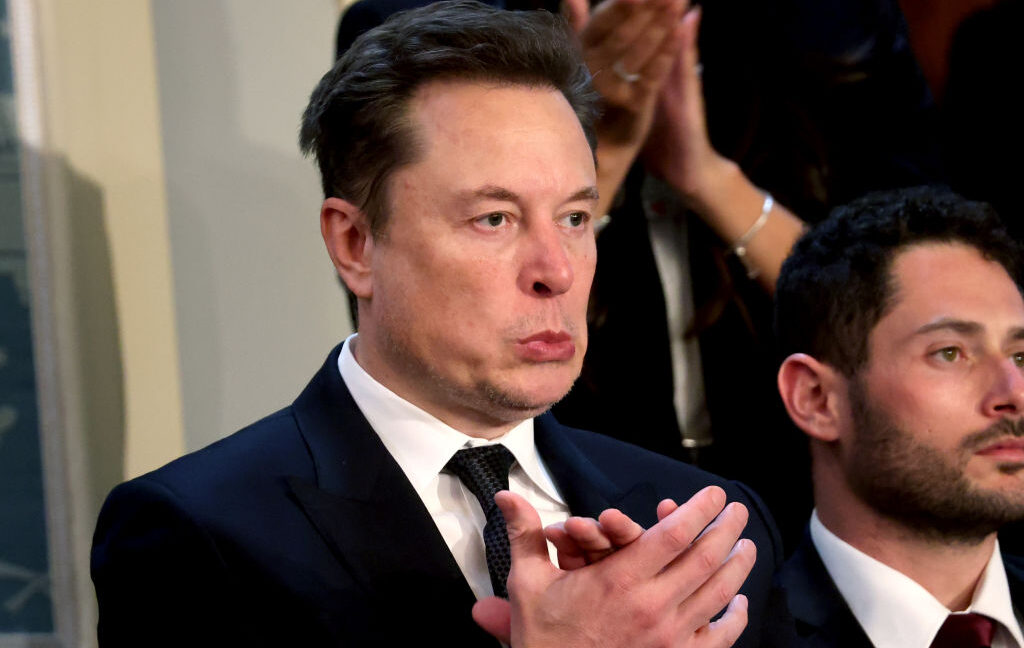Elon Musk's X (formerly Twitter) remains on the hook for an approximately $400,000 fine after failing to respond to an Australia eSafety Commission 2023 inquiry, which largely sought to probe measures X is currently taking to combat an alleged proliferation of child sexual abuse material (CSAM) on its platform.
To void the fine, X tried to persuade Australian Judge Michael Wheelahan that X had no obligation to comply with an Online Safety Act notice issued to Twitter because Twitter "ceased to exist" a few weeks after receiving the notice—when Musk merged the app into his company X Corp.
Wheelahan summarized X's argument as saying that "X Corp was not obliged to prepare any report in Twitter Inc’s place, as X Corp was not the same person as the provider to whom the notice was issued."
But Wheelahan ruled Friday that the fine should be upheld, rejecting the "bare premise" that X assumed no legal responsibility to respond to the notice after Twitter ceased to exist.
X's argument failed because Wheelahan found that under Nevada law, merging Twitter into X turned Twitter into a "constituent entity," which then transferred all of Twitter's legal consequences to X Corp.
In his order, Wheelahan devoted a decent chunk of time to calling out testimony from X's expert on commercial business law, Scott Bogatz, as "molded to support the conclusions he expressed in his report."
Particularly "superficial" and requiring "leaps of logic," Wheelahan wrote, was Bogatz's attempts to persuade the court that the meaning of "liabilities" in Nevada merger law strictly applied to financial liabilities.
"It is clear under Nevada Law that the term ‘liability’ refers to monetary obligations," Bogatz had argued in court, but Wheelahan did not find this persuasive.
"I cannot accept this evidence without a much better explanation of Mr. Bogatz’s path of reasoning," Wheelahan wrote.
Wheelahan emphasized that the Nevada merger law specifically stipulated that "all debts, liabilities, obligations and duties of the Company shall thenceforth remain with or be attached to, as the case may be, the Acquiror and may be enforced against it to the same extent as if it had incurred or contracted all such debts, liabilities, obligations, and duties." And Bogatz's testimony failed to "grapple with the significance" of this, Wheelahan said.
Overall, Wheelahan considered Bogatz's testimony on X's merger-acquired liabilities "strained," while deeming the government's US merger law expert Alexander Pyle to be "honest and ready to make appropriate concessions," even while some of his testimony was "not of assistance."
Luckily, it seemed that Wheelahan had no trouble drawing his own conclusion after analyzing Nevada's merger law.
"I find that a Nevada court would likely hold that the word 'liabilities'" in the merger law "is broad enough on its proper construction under Nevada law to encompass non-pecuniary liabilities, such as the obligation to respond to the reporting notice," Wheelahan wrote. "X Corp has therefore failed to show that it was not required to respond to the reporting notice."
Because X "failed on all its claims," the social media company must cover costs from the appeal, and X's costs in fighting the initial fine will seemingly only increase from here.


